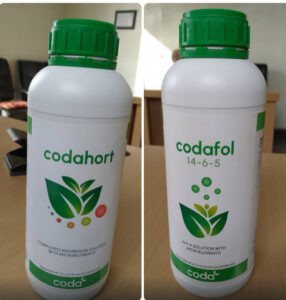Cassava farmers in Rwanda have been given assurance that the new improved seeds system has much to improve on their production, thanks to the four-year CBSD Control Project which took part in developing seed varieties that are resistant to diseases.
The Cassava Brown Streak Disease (CBSD) control project was implemented in 2017-2021, with aim to fight Cassava Brown Streak Disease (known as ‘Kabole’ in Kinyarwanda) and Cassava Mosaic disease (known as Ububembe in Kinyarwanda) through deployment of new resistant germplasm and clean seed in two countries namely: Rwanda and Burundi, with its main partners being the International Institute for Tropical Agriculture (IITA) and the Rwanda Agricultural and Animal Resources Development Board (RAB).
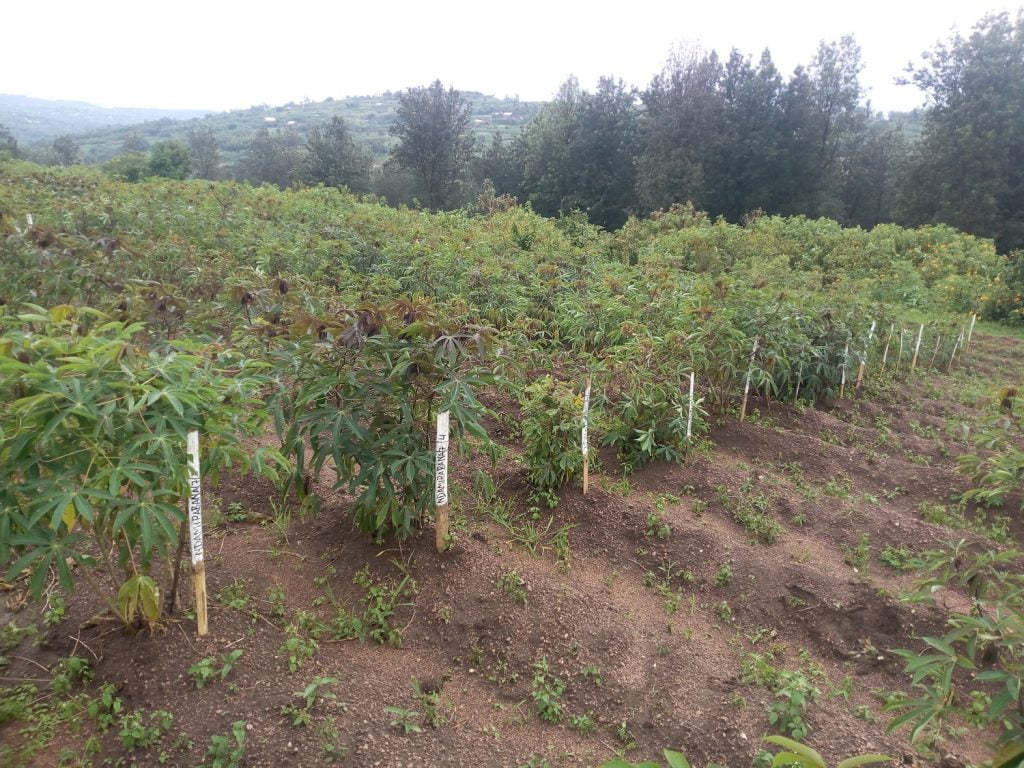
Athanase Nduwumuremyi, the head of Cassava Research Unit at Rwanda Agricultural and Animal Resources Development Board (RAB) said that the project has been helping a lot for the four years it was designed for, with its continuous impact to be considered.
“We have now got good seeds, in about eight varieties, resistant to CBSD and CMD, thanks to the effort of the project. Even though the project has come to its end, we will keep the sustainability of what has been achieved throughout the seed system,” he says.
“With the boost from this project, RAB can now produce disease resistant & clean seeds so that the seed system begins with the proper seed. In partnership with the project, we came up to build capacity for cassava farmers, specifically in being able to multiply seeds satisfactorily for the needed quantity in the country. We are now counting seven groups of people countrywide who can properly help in multiplying seeds so that all farmers in need would be easily served,” he adds.
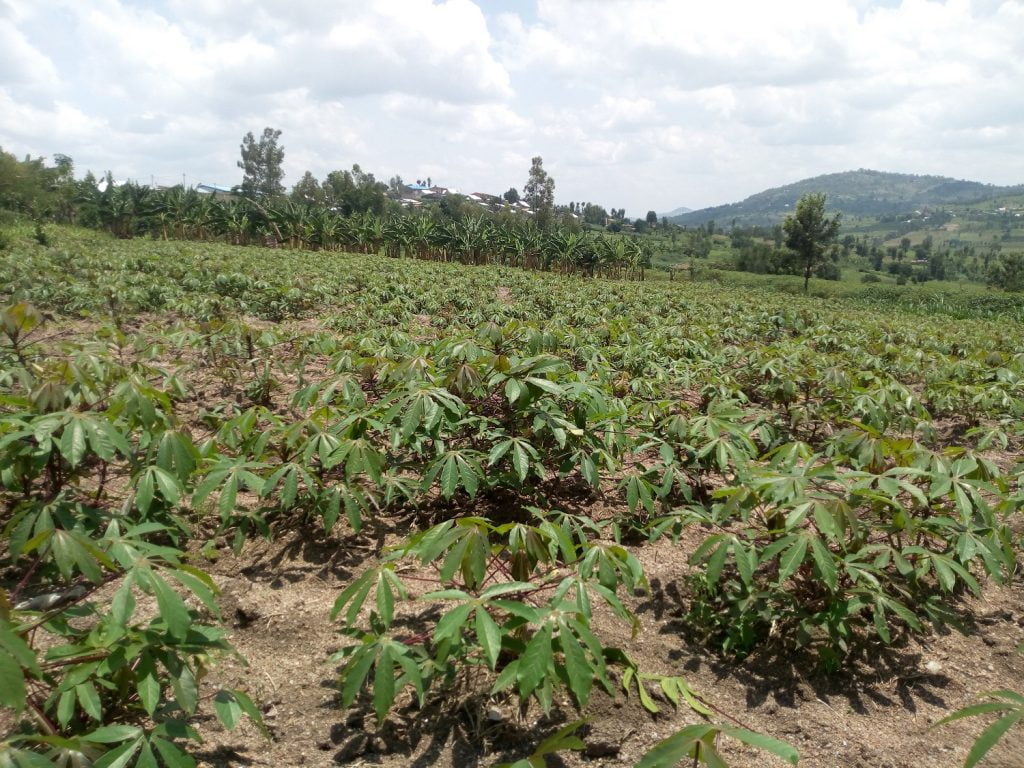
Currently, cassava is grown on approximately 200,000 hectares in Rwanda, according to Nduwumuremyi, being the second most grown & productive crop after banana in terms of cultivated area.
In terms of cassava production rate, a farmer produces an average of 35 tons per hectare for the elite farmers, but generally the average rate stands at 15 tons per hectare countrywide.
According to Dr. Silver Tumwegamire, cassava breeder and seed system expert at IITA Rwanda, the impact of CBSD control project on the seed sector and general farmers has been remarkable and there is a need for a continuous backing from stakeholders.
“The project has been able to work with RAB to get good varieties that are resistant to the viral diseases, I.e CBSD and CMD; and it has also worked to establish national capacities to have the first good seeds for cassava in the country, which previously it was not there,” says Tumwegamire.
“The follow up is going to be largely on strengthening the national breeding program for cassava, so that they are able to do their job without external support. We would also like to operationalize the seed value chain for cassava in Rwanda, to know where is the first seed, the second seed and the final seed that the farmer uses. Previously it was not there. But we need to have it operating and functional. We would like to operationalize the seed quality control, because up to now, seed multipliers are having multiplication, but they are not working well with seeds regulators. And then we will also do a lot of more capacity building for the seed multipliers, so that they are really able to have very good knowledge of understanding how to produce good seed that benefits the farmers,” he adds.
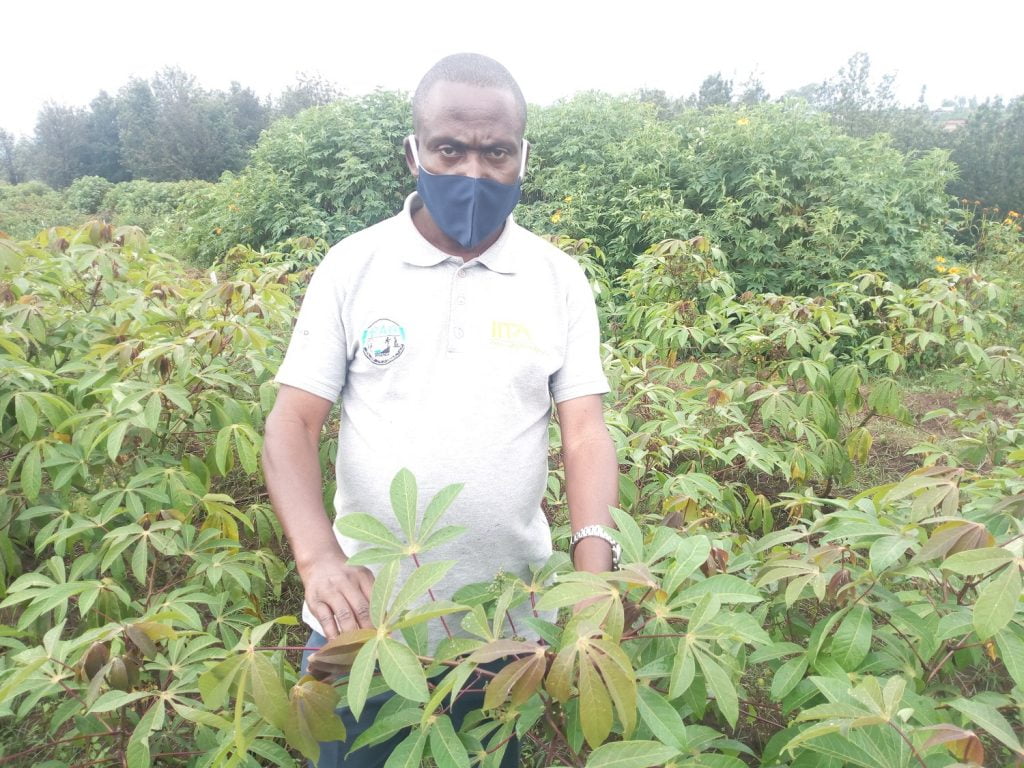
Farmers’ optimism
Jacques Niyongira, a farmer & cassava seed multiplier from Ntongwe Sector in Ruhango District, said he has served as a seed multiplier for twelve years, during which he gained a lot of experience. For now, he hails the impact of new improved cassava seeds.
“Basing on how the recent seeds are good, resistant to diseases, I can assure my fellow farmers that we will not fall short of appropriate seeding because we are multiplying proper varieties which are surely of high quality. Apparently, these new improved seeds which are tolerant to diseases that had used to declining our cassava production rate, will boost the increase of harvest,” he says.
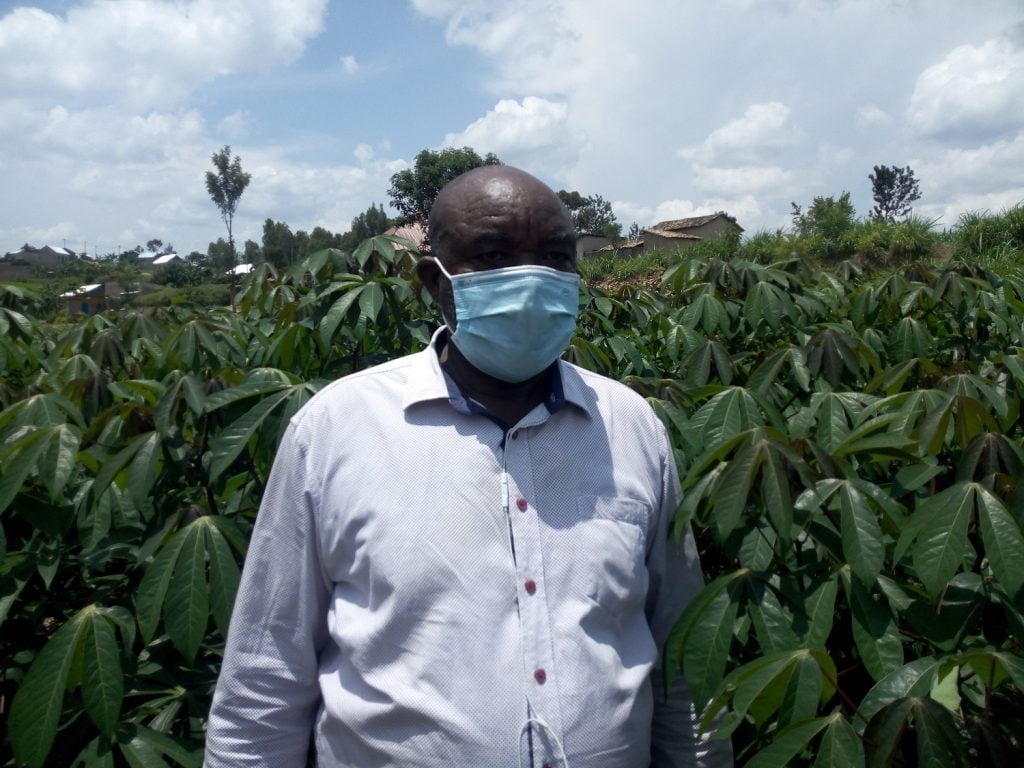
Another farmer who expressed his optimism to Pressbox is Issa Mbonyishema, from Ruhango Sector in Ruhango District who says: “Cassava as the main crop in our district, remains our focal source of income which attracts our attention towards new improved seeds. We have been given different varieties of cassava seeds, and for me I can see it is promising. There was a time, back in 2016-17, when we faced a decline in production following cassava diseases like Kabole, among others. But for now, the varieties we are growing are resistant enough.”


